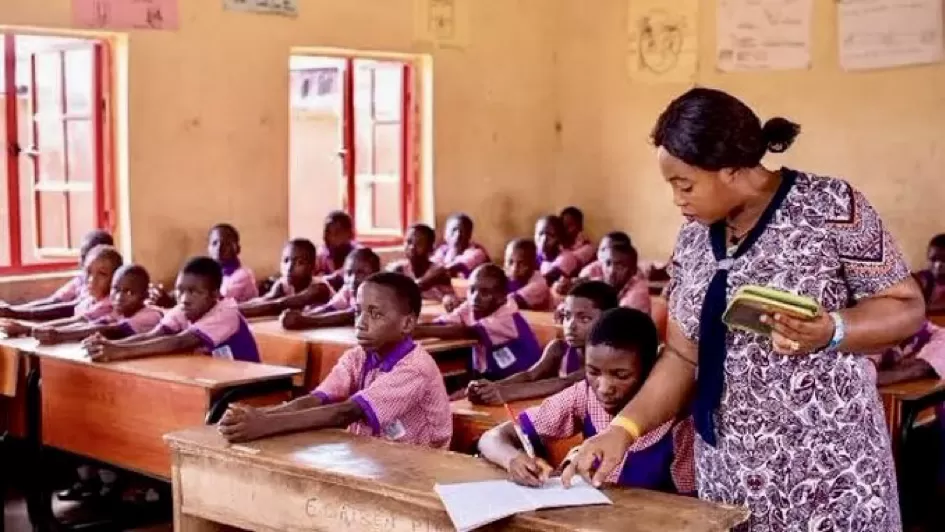Historic Reform: FG Scraps JSS, SSS, Introduces 12-Year Basic Education Model

The Federal Government of Nigeria has announced a groundbreaking reform in the country’s education system, scrapping the Junior Secondary School (JSS) and Senior Secondary School (SSS) levels and introducing a 12-year uninterrupted basic education model.
The New 12-4 Education System
This new model, which is expected to replace the existing 6-3-3-4 education system with a 12-4 system, aims to provide students with a standardized curriculum that is uniformly implemented across the nation. The Minister of Education, Dr. Tunji Alausa, explained that this reform will ensure that students benefit from uninterrupted learning up to the age of 16.
Objectives of the Reform
The government believes that this new model will reduce dropout rates by eliminating financial and systemic barriers that currently prevent students from completing secondary education. Additionally, it will facilitate early exposure to vocational and entrepreneurial skills, preparing students for both higher education and employment.
Alignment with International Standards
This reform is also expected to align Nigeria’s education system with international standards, fostering better educational outcomes and global competitiveness. The government has sought the approval of the National Council on Education to officially adopt 16 years as the minimum entry age requirement into the country’s tertiary institutions.
Implications for Students and Teachers
The introduction of the 12-year basic education model will have significant implications for students and teachers alike. Students will now have access to uninterrupted learning from primary to secondary school, while teachers will need to adapt to the new curriculum and teaching methods.
Reaction from Stakeholders
Stakeholders in the education sector have welcomed the reform, praising the government’s efforts to revamp the education system. However, some have expressed concerns about the implementation process, highlighting the need for adequate funding, infrastructure, and teacher training.
Conclusion
The introduction of the 12-year basic education model marks a significant milestone in Nigeria’s education sector. As the country embarks on this new journey, it is essential that all stakeholders work together to ensure a smooth implementation process and a brighter future for Nigerian students.






